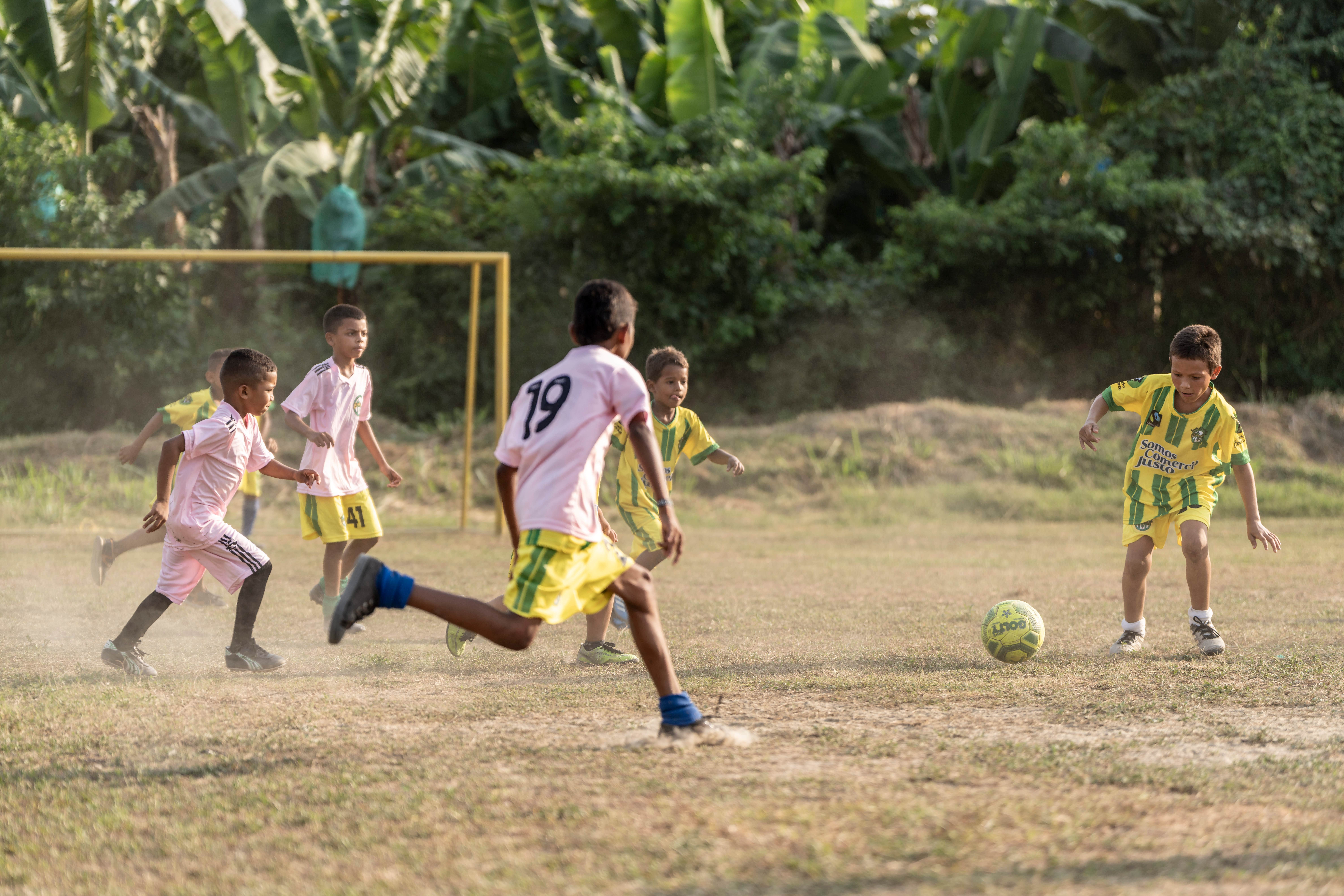Young will leave Colombian banana sector without fairer prices, farmers warn
Small-scale farmers who export to the UK say they are relying on Fairtrade prices and premiums to give their children a better future.

Younger generations will leave banana farming without fairer prices, Colombian producers have warned.
Small-scale farmers in the Magdalena region who export to the UK say they are relying on Fairtrade prices and premiums to give their children a better future.
Farmers have been facing a multitude of challenges in recent years with inflation, climate change, rising costs and low prices threatening their livelihoods and way of life.
Concerns are growing over the sector’s long-term sustainability as youth leave the communities or start drinking and joining gangs from a very young age, according to Jose Marulanda, development manager at Fairtrade’s Latin America partner CLAC.
As it marks World Fairtrade Day on Saturday, the organisation is warning retailers and consumers that millions of banana producers will not survive the coming decades without fairer prices and long-term trading relationships.
Farmers near the town of Orihueca told the PA news agency their children do not want to work on the farms due to the difficult conditions, long hours, extreme heat and poor pay.
Smallholder producer Aliciviadez Verdugo, 46, said: “It gets really hot. I would like one of my kids to follow the tradition but I think that the conditions are very hard.”
Displacement is another challenge due to the ongoing threat of violence from gangs and remaining paramilitary groups following the civil war, he added.
“There is too much crime in the area,” he said.
“People regularly come down from the mountains to demand money but if we don’t pay them, they kill us, or we are forced to leave our farms. It’s happening now on bigger farms, but it could be me next.”
Maria Doris Calvo Ortiz, a 44-year-old businesswoman, farmer and community leader, said gender inequality in the region puts women in especially vulnerable positions.
“It’s still difficult as a woman,” she said.
“In this area, men are used to having women in the house doing everything, so it’s also important to teach the new generations to change this mentality.”
To tackle the social challenges, farming co-operatives have been using money from Fairtrade premium payments to invest in education, banana farming training and community activities.
Ms Ortiz said they want “to train young people to fall in love with the banana business again so they don’t leave”.
She added: “We are trying to show young people this can be a way of living. We want a future for our kids and our grandchildren. They can keep our farms going when we’re no longer here.”
The Emprebancoop, Coobafrio and Coomulbanano co-operatives use the premium to improve housing and sanitation as well as university funding.
One farmer, Richard Padilla, 53, said: “Thanks to the premium, I can send my son to university. Now he’s living in a proper house.”
Some of the young move away to big cities to become professionals but others bring their education back to the community with their knowledge and business skills, Ms Ortiz said.
The businesswoman, who studied at the co-operative university in the city of Santa Marta, said: “I knew that education was the only way to make this area grow and change.
“When I came back, I wanted to create cultural and educational activities in the area so children would not have to leave the town but stay here and be part of the economic growth.”
The Coomulbanano Training Centre in Orihueca has now helped more than 2,200 students graduate from technical programmes and business courses.
The co-operatives also run different activities like women’s groups as well as dance, sports and music clubs to improve young people’s lives and preserve the region’s identity, culture and heritage.
“In this way, we take them away from the dangers on the street like alcohol, drugs and joining the gangs or paramilitary groups,” Ms Ortiz said.
Fairtrade is calling on UK consumers and retailers to buy its certified products as part of its Make Your Mark campaign launching on Saturday.
Stefan Donnelly, Fairtrade Foundation’s senior campaigns manager, said: “Poverty forces families to choose between essentials like medical care, children’s education and decent food.
“Denied fair pay and a fair say, millions of farmers will walk away from farming – worsening further the global crisis of food insecurity.”
Albeiro Cantillo, a 54-year-old farmer known as Foncho who has led a previous Fairtrade campaign, added: “Without Fairtrade, we wouldn’t have resources to support the community and the families.
“I’m being sincere. The programmes with the small associations and Fairtrade are the most beneficial things for a community.”
Bookmark popover
Removed from bookmarks